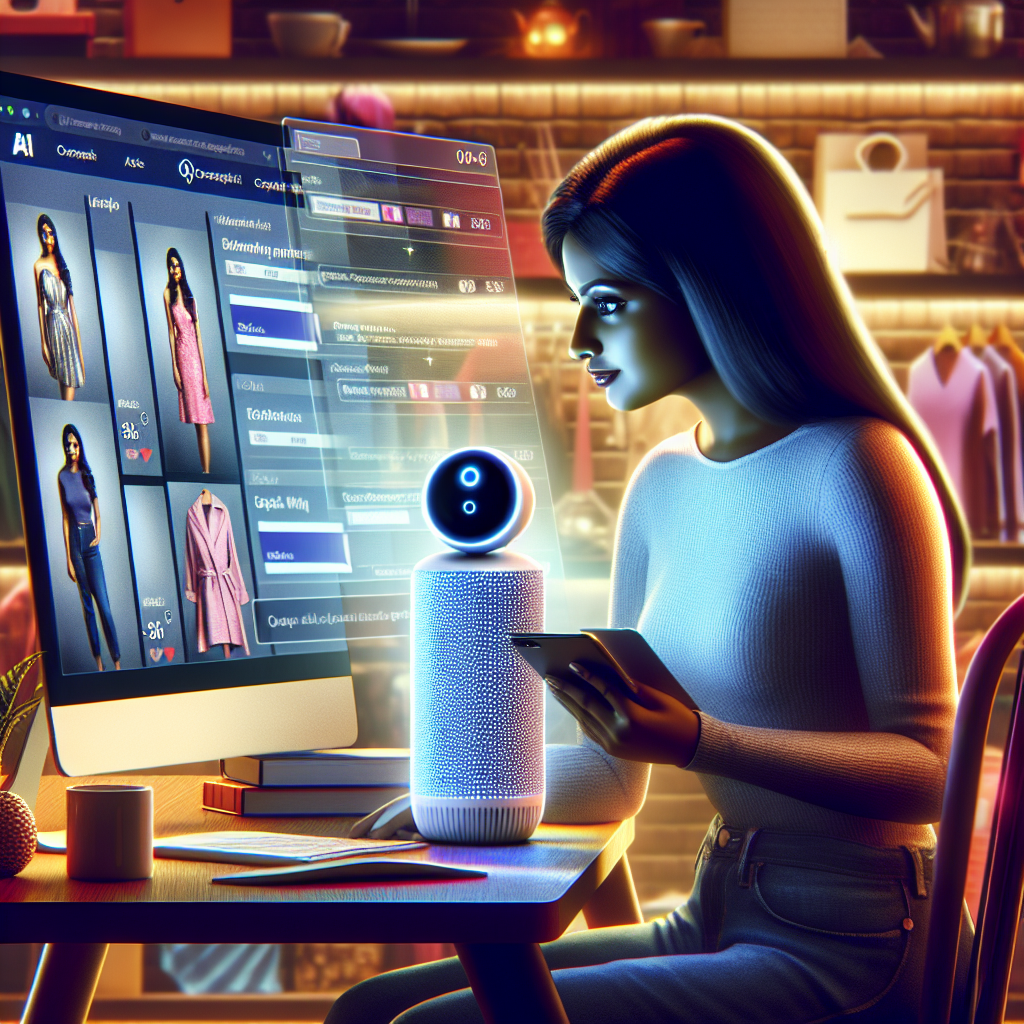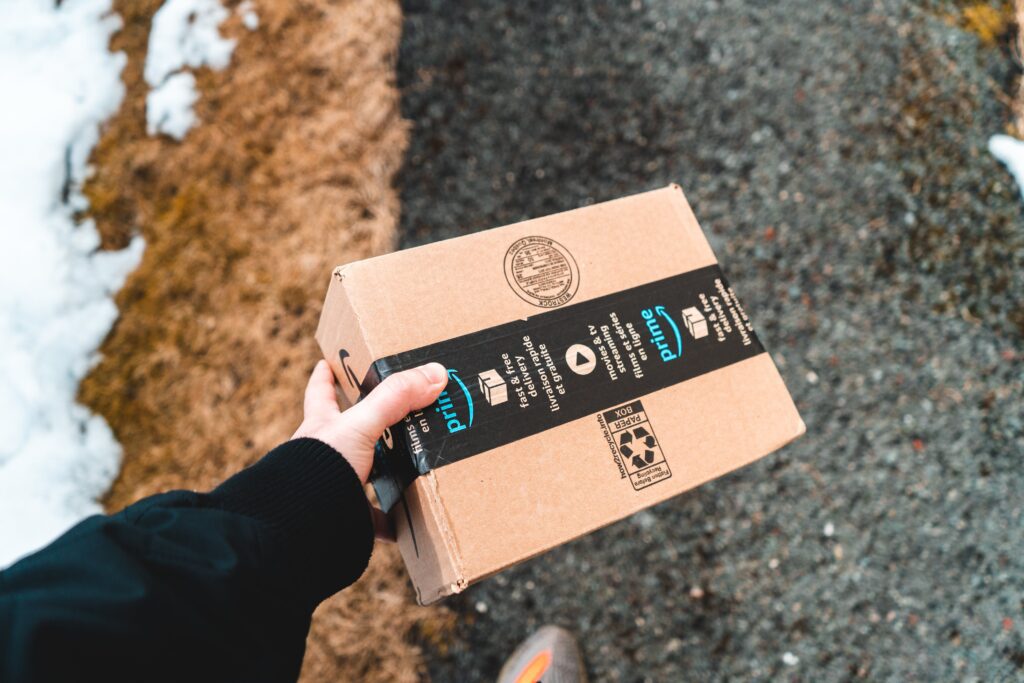Rufus: Transforming Shopping with AI Innovation
On February 1st, 2024, Amazon announced its new AI shopping assistant, Rufus. Amazon has consistently been at the forefront of innovation. One of their groundbreaking developments is Rufus, an AI-powered shopping assistant designed to enhance the customer experience. This is groundbreaking because, for the first time ever, you don’t have to be rich or poor to have an assistant who can teach you about products and quality, which makes it a better, more educational experience for all consumers as online shopping increases in the future. Amazon plans to implement this in other areas, as well. Apps like Vengo AI are also built to teach consumers skills about their interests. Using AI as a learning tool that can enhance user experience in a positive way, which is the goal of the future. We all love Google, and we all can’t remember a time without GPS for directions. Now imagine the possibilities when new technology can be used in a skillful manner to make our lives easier; this is profound.
In this post, we will delve into the capabilities of Rufus, backed by statistics, and explore how it revolutionizes online shopping.


Understanding Rufus
Rufus is an advanced AI shopping assistant developed by Amazon, leveraging cutting-edge technologies such as natural language processing and machine learning. Its primary goal is to provide personalized and seamless shopping experiences to customers.
The tool is designed to help users search and shop for products. Shoppers type or speak a question into the search bar in Amazon’s mobile app, and a chat window will appear at the bottom of their screen. Users can ask conversational questions such as, “What are the differences between trail and road running shoes?” or “Compare drip and pour-over coffee makers.” – CEO of Amazon Andy Jassy on CNBC
Contextual Recommendations
Rufus excels in understanding customer preferences and making contextually relevant product recommendations. By analyzing vast amounts of data, including browsing history, purchase patterns, and customer reviews, Rufus can suggest products that align with individual tastes and needs. This personalized approach enhances customer satisfaction and increases the likelihood of successful purchases.
Voice-Activated Shopping
With the rise of voice assistants, Rufus will seamlessly integrate voice-activated shopping into the Amazon ecosystem. Customers can interact with Rufus using voice commands, making the shopping experience hands-free and convenient. This feature has gained significant popularity on other app platforms; predictions show a possible 40% increase in voice-activated shopping on Amazon since Rufus’s introduction.


Intelligent Product Search
Rufus’s advanced search capabilities enable customers to find products quickly and effortlessly. By understanding natural language queries, Rufus can accurately interpret customer intent and provide relevant search results. This intelligent search functionality is predicted to lead to a 30% reduction in search time for customers, resulting in a more efficient and enjoyable shopping experience.
Real-Time Inventory Updates
Rufus keeps customers informed about product availability in real-time. By constantly monitoring inventory levels, it minimizes the chances of disappointment due to out-of-stock items. This will certainly decrease customer complaints related to product unavailability.
The features and statistics speak for themselves, showcasing the positive impact Rufus will have on customer satisfaction, search efficiency, and subscription rates. As e-commerce continues to evolve, Rufus sets a high standard as an AI shopping assistant, making it a game-changer in the industry.
“Rufus is now being made available to select customers when they next update their Amazon Shopping app. To use Rufus, customers in the beta can simply start typing or speaking their questions into the search bar in Amazon’s mobile app, and a Rufus chat dialog box will appear at the bottom of their screen.” – Amazon


